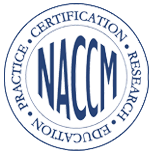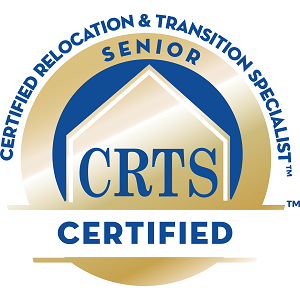Medication Management: National Preparedness Month
September is National Preparedness Month. Observed each year, National Preparedness Month raises awareness about disaster and emergency preparation. This year’s theme is: “Prepare to Protect. Preparing for disasters is protecting everyone you love.” Disasters and emergencies come in many forms – hurricanes, power outages, floods, a bad fall, fire, tsunami, medical emergency, heart attack, and more. Emergency preparedness is especially important when caring for our elderly loved ones, and medical management is vital in all circumstances, including emergencies.
People live longer now than they did 50 years ago. For example, there are 125 million people aged 60 years old worldwide right now. That number of 60-year-olds is expected to jump to 434 million by 2050.
And this is a great thing. More time in this world offers more opportunities for both the elderly and their families. However, maintaining health is paramount to ensuring those opportunities still exist. Medication management is one important way to keep loved ones safe as they age.
What Kind of Health Conditions Do Seniors Face?
Seniors face more health conditions in their old age than younger people. Some common conditions for seniors include:
- Hearing problems or loss
- Back pain
- Dementia
- Depression
- Alzheimer’s Disease
- Diabetes
- Arthritis
- Cataracts
Other health issues, sometimes referred to as geriatric syndromes, common amongst the elderly, include:
- Frailty
- Ulcers
- Falls
- Delirium
- Incontinence
Unfortunately, many seniors may experience some of the above issues and conditions concurrently.
This means that the elderly are also likely to take multiple medications, vitamins, and supplements to manage their health.
How Much Medicine Do Seniors Take?
Close to 90% of older adults take at least 1 prescription drug regularly, and close to 80% take at least 2 prescription drugs regularly.
Could you imagine taking more than that? Well, 36% of older adults can, as they regularly take at least 5 prescription medications. That number of drugs is often even higher for people who live in nursing homes, who can take up to 7 or 8 medications at once.
On top of prescriptions, many seniors also take over-the-counter (OTC) drugs as well. So, it’s easy to see how a mix-up could easily occur.
Medication mix-ups could result in severe harm and even death to your elderly loved ones. That’s why medication management is so important.
What is Medication Management and Why Does it Matter?
If you have an elderly loved one, you’ve probably noticed a few different prescriptions that they take. You might even help them refill those prescriptions.
With multiple medications, it’s essential to manage them properly. Medication management entails ensuring:
- Correct dosage amounts and frequency
- Avoiding harmful interactions between prescriptions
- Prompt and timely consumption of medication
Medication management keeps the elderly safe from the harmful effects of mixing medications. It’s especially important if you aren’t always able to check up on your loved one.
Every year, 350,000 people are hospitalized due to bad reactions to medication. Many of those hospitalizations could be prevented with proper medication management.
The Consequences of Poor Medication Management
Many factors increase the risk of medication mismanagement amongst the elderly, including:
- Memory loss
- Chronic conditions
- Multiple doctors
- Lack of a primary physician
- Frailty
Poor medication management looks like the following:
Negative drug interactions: Some medications taken together result in health issues. Additionally, some drugs cannot be taken with certain foods or drinks, like alcohol.
Falls: Multiple medications, if not managed properly, could result in more falls amongst the elderly.
Cease of treatment: If a senior stops taking their medication, whether they forgot or decided to skip a dose, could cause a harmful cease of treatment. Unfortunately, some seniors might not continue treatment due to financial reasons.
Medication Management and Electronic Caregiver (ECG)
We at Reflections Management and Care know how important medication management is, and we have trained professionals who practice it daily. Our licensed registered nurses (RNs) work closely with patients, physicians, pharmacists, and family members to effectively manage medications in a safe, sustainable way.
We also offer Electronic Caregiver (ECG) to make medication management as smooth as possible. Both our Premier series ECGs and Pro-Health ECG have 24/7 medication reminders to help our patients stay on top of their schedules. Medication management is essential for the safety of your elderly loved ones. We use our years of expertise and innovative technology to ensure your loved ones have safe medication schedules and practices. Get in touch with us to learn more about how we can assist the loved ones in your life.














